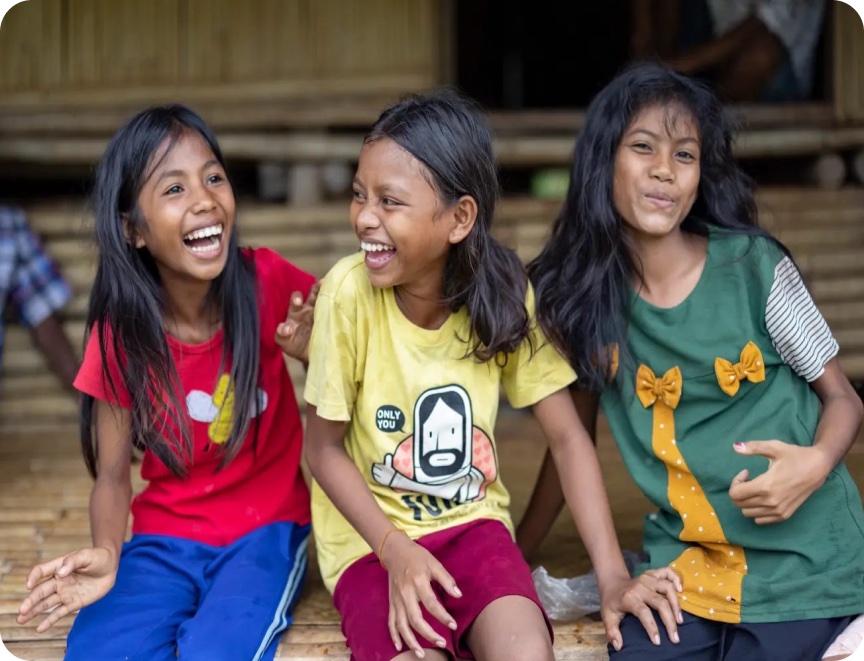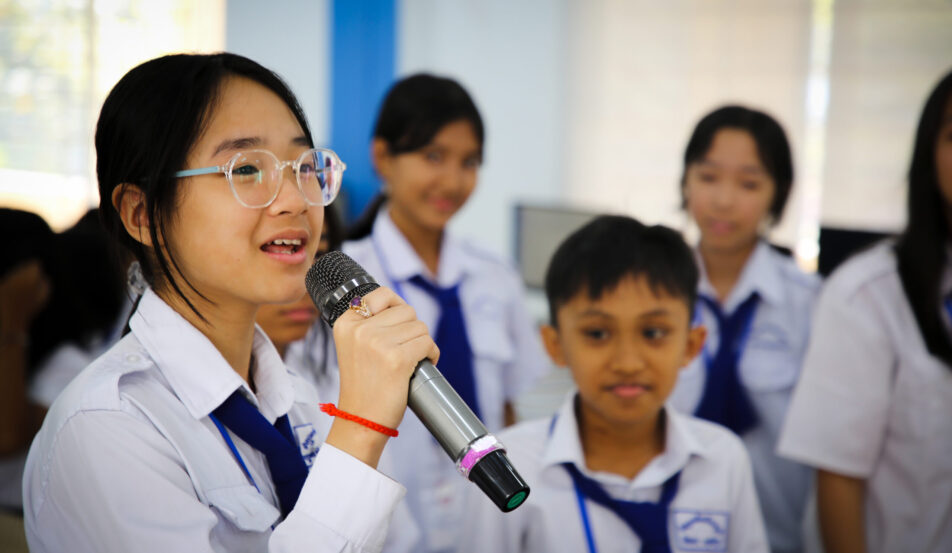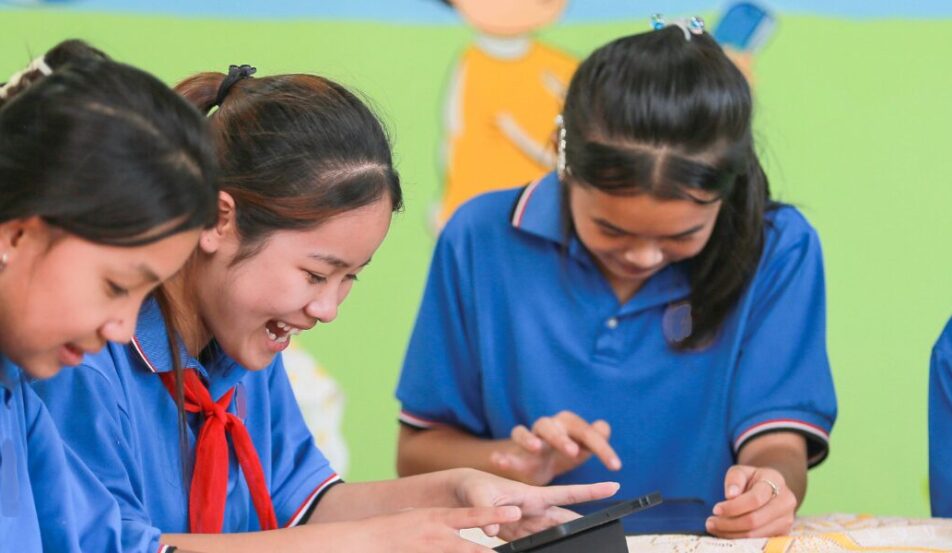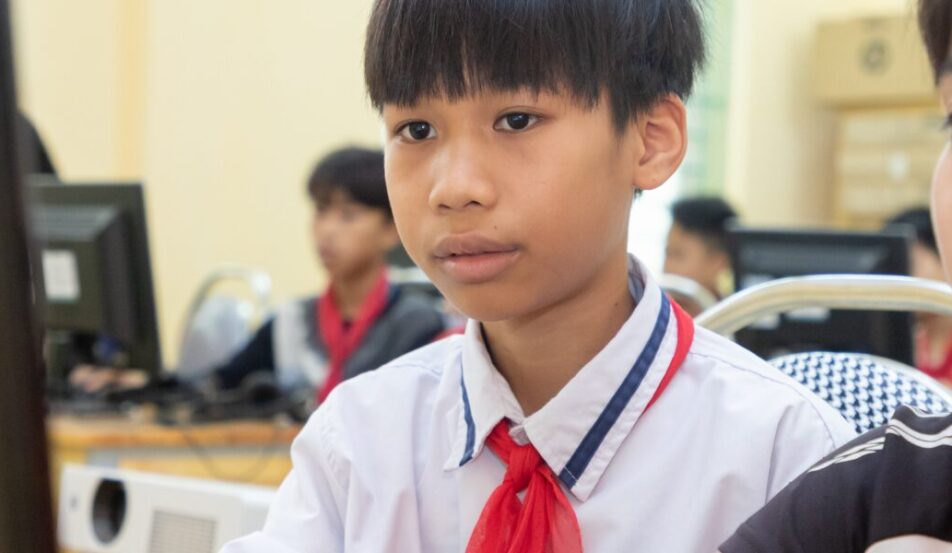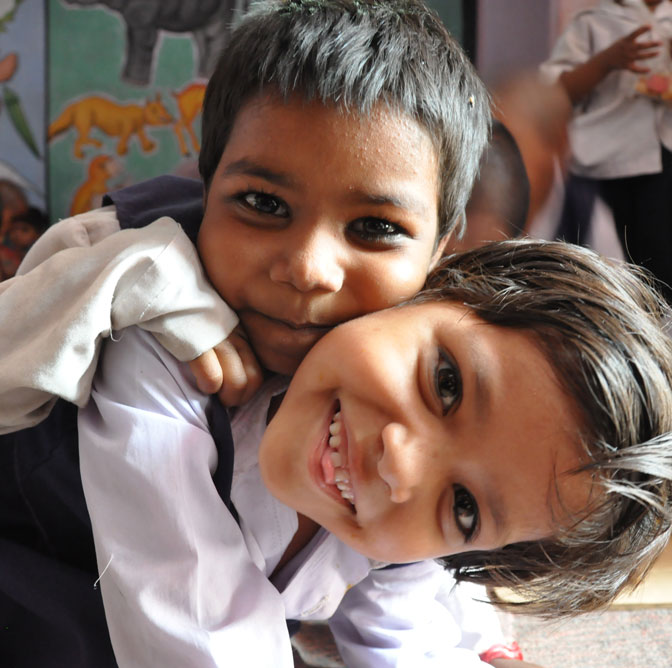International Day of Education
Around the world, 251 million children and young people are out of school. This isn’t just a number – it’s a global crisis that demands urgent action. Education is still out of reach for millions, and that needs to change.
International Day of Education 2025 highlights the critical need to tackle this challenge head-on. It’s not just about individual efforts; it’s about transforming entire systems and breaking down the barriers that prevent access to education. As Malala Yousafzai said, “One child, one teacher, one book, one pen can change the world.”
The task before us is clear: it’s time to create an environment where every child can learn and unlock the potential to shape their own future. The world can’t afford to wait any longer. The time to act is now.
What is International Day of Education?
Celebrated annually on 24 January, the International Day of Education highlights the importance of education as a fundamental human right and a tool for sustainable development. First proclaimed by the United Nations in 2018, the day promotes inclusive, equitable and quality education for all.
Education transforms lives by:
- helping children escape the cycle of poverty,
- addressing gender equality and
- fostering more peaceful societies.
Yet, despite its recognised importance, children are still denied access to education due to various barriers such as:
- poverty,
- child labour,
- child marriage,
- conflict and
- school closures during times of war and unrest.
Why is International Day of Education important in schools?
International Day of Education plays a vital role in schools by creating awareness around the challenges in education. It encourages schools and communities to tackle issues like the learning crisis many children are facing worldwide. The day is crucial in promoting conversations around barriers that prevent children from accessing education and highlight the global push for solutions to ensure every child has access to quality learning environments.

Invest in people, prioritise education
The theme of International Day of Education 2025 is “AI and education: Preserving human agency in a world of automation.” This January 24th, we stand at a pivotal moment in the health and future of our societies. As highlighted by UNESCO, the rise of computer and AI-driven systems presents urgent questions about how we can preserve, redefine, and ultimately elevate human agency in an era of rapid technological change. This year’s theme urges us to reflect on the power of education to equip individuals and communities with the tools to navigate, understand, and influence the advancing technological landscape.
Building on this, International Day of Education calls for:
- global mobilisation,
- strong commitments, and
- initiatives to prioritise education by investing in quality learning and the people behind it.
Quality education empowers young learners with the knowledge, values, attitudes, skills, and behaviours needed to become agents of change in their communities. Investing in young minds is essential, inspiring them to think critically and act responsibly in an ever-changing world. By prioritising education, we can build a future where human potential is fully realised, alongside the advancements we create, with technology enhancing rather than diminishing the role of humanity.
Global initiatives addressing educational challenges
Several global initiatives are tackling the challenges in education head-on. Here are some of the key areas where action is driving real change:
- Education for girls: Worldwide, millions of girls are still denied the right to education due to gender discrimination, child marriage, and deeply ingrained cultural norms. Programs like Girl Up and initiatives from organisations such as ChildFund are leading efforts to overcome these barriers. By prioritising girls’ education, these initiatives are empowering young women to become leaders, entrepreneurs and advocates. Educating girls not only benefits them but also strengthens entire communities, as educated women are better equipped to lift their families out of poverty and contribute to economic and social development.
- Access to early childhood education: Early childhood education is crucial for a child’s cognitive, emotional, and social development, yet millions of children – particularly in low-income regions – are missing out on this vital stage. Initiatives such as the Global Partnership for Education are working to ensure every child has access to quality early learning. These foundational years are key to a child’s long-term academic success and personal growth, setting the stage for lifelong learning and achievement.
- Breaking the cycle of poverty: Education is one of the most powerful tools to break the cycle of poverty. By providing children with access to education, we equip them with the knowledge and skills needed to secure better futures. Education offers children the opportunity to escape poverty and supports families and communities in overcoming economic hardship. Help provide school supplies to children experiencing poverty.
- Addressing the Digital Divide: As the world becomes increasingly digital, access to technology is essential for educational success. ChildFund Australia’s Swipe Safe program teaches young people, parents, and professionals essential online safety skills, including reporting, blocking, and safe-searching. The Swipe Safe App further supports digital safety, helping youth confidently navigate the online world. Access to the internet and digital tools in education helps students connect with new learning resources, collaborate globally, and develop the skills needed in the modern workforce.
- Improving teacher training and support: The quality of education is directly linked to the training and support teachers receive. Global initiatives such as Teach For All are focusing on equipping teachers with the resources, training, and professional development needed to improve student learning outcomes. When teachers are supported with ongoing training and resources, students benefit from a higher standard of education, leading to long-term improvements in education quality and community development.
- Promoting education in emergencies: Natural disasters, armed conflict, and other crises often disrupt children’s education, leaving them without access to schools. Programs like Education Cannot Wait (ECW) are working to provide continuous education in emergency settings, such as refugee camps or conflict zones. Education in these contexts is vital not only to help children regain a sense of normalcy but also to offer a safe space where they can heal and continue their development during difficult times
What does inclusive, equitable, and quality education look like?
Millions of children around the world still can’t access the education they deserve. In places like Sub-Saharan Africa, many schools lack basic resources such as water, electricity, and even the internet. In other areas, even well-resourced schools often don’t have enough trained teachers, and girls are still kept out of classrooms. These barriers are holding children back from reaching their full potential.
The United Nations’ Sustainable Development Goal 4 (SDG 4) sets out a bold plan to ensure every child has access to inclusive, equitable, and quality education by 2030. Targets include:
- establishing free primary and secondary education
- eliminating discrimination in education: equal access to pre-primary education for all girls and boys;
- building and upgrading inclusive and safe schools; and
- increasing the supply of qualified teachers in developing countries, among others.
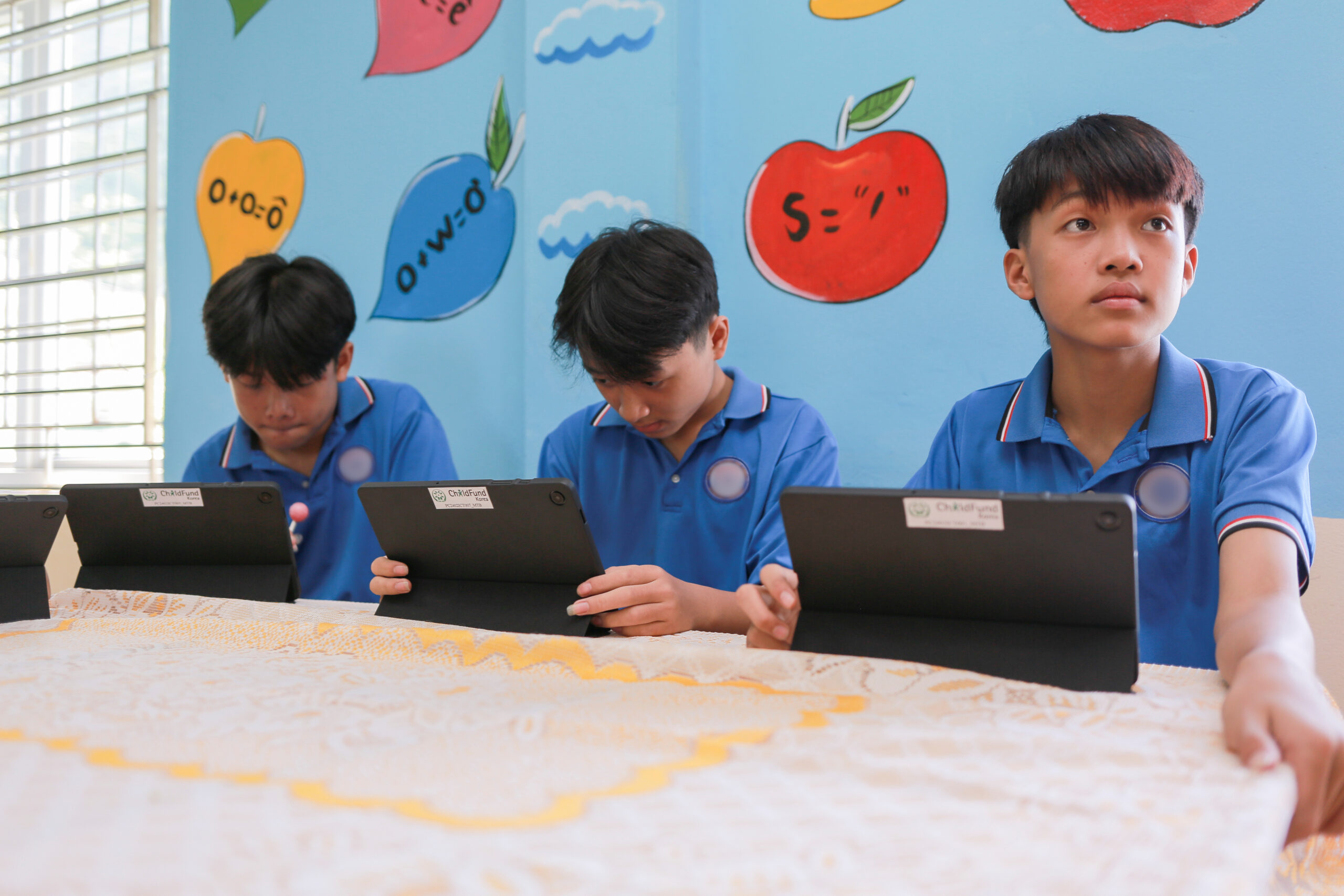
How you can get involved with International Education Day activities
International Day of Education is more than a reminder – it’s a call to action. You have the power to change the future of millions of children around the world by getting involved in these impactful ways:
- Amplify the message on social media: Share stories and facts that highlight the barriers many children face in accessing education. Keep an eye out on our social channels or search dedicated hashtags (#InternatinalDayofEducation) to reshare important information and help build awareness about this day.
- Start conversations: Discuss the importance of education with friends, family and colleagues. It’s easy to overlook, but your words could motivate others to make a difference.
- Organise local events: Fundraisers, awareness campaigns, or simple gatherings can spark greater community involvement and support for global education efforts.
- Donate to organisations working to provide quality access to education for all children, especially those in impoverished or conflict-affected areas. At ChildFund Australia, one of our leading programs is focused on providing access to early childhood education for children living in poverty. This includes constructing new schools and renovating existing schools, providing classroom furniture and equipment, and training school teachers and educational leaders.
- Give through Gifts for Good: Choose to donate gifts such as a school supplies set or tablets and computers, directly impacting the learning experience of children who need it most.
- Donate monthly: Your ongoing support can help children continuously access education, creating lasting change.
How can my donation help?
Your donation can significantly impact children’s lives, especially those living in poverty or areas affected by conflict. For example, in countries like Cambodia and Vietnam, ChildFund’s initiatives have helped children and their teachers overcome obstacles to their education by building better school facilities and supporting their independent living skills.
The power of play-based learning
At a school in Kim Boi District, Hòa Bình province, classrooms were quiet, and students were disengaged. Teachers delivered lessons, but students sat passively, often forgetting the content. “The students study too quietly. My voice becomes hoarse, but they forget the information later,” said Ms. Lan, frustrated by the lack of interaction. Traditional methods weren’t working, especially for students with disabilities or those from ethnic minorities, who struggled even more to connect with the lessons.
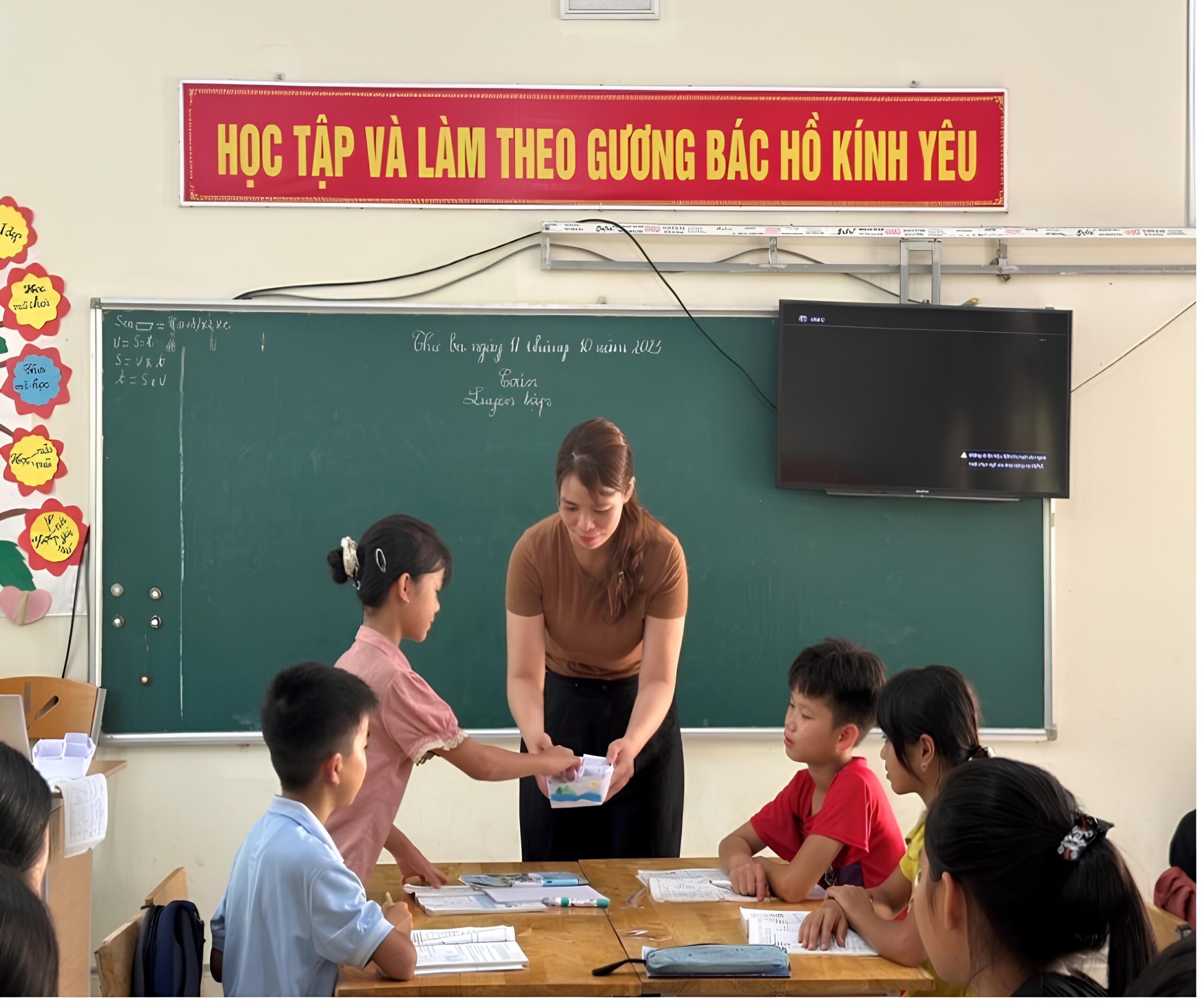
In 2022, a new approach began to take shape: learning through play. This method aimed to foster creativity, build language skills and encourage social interaction by making lessons more hands-on and engaging. Teachers were trained to design lessons that encouraged active participation, turning the classroom into a space where students could connect with the material in a more meaningful way.
One teacher, Ms. Dao Thi Kim Oanh, took the approach outdoors. She began using the schoolyard as an extended classroom, inviting students to step outside and engage with their lessons in a new way. “I let the students step out of the classroom and into the open space,” she said. This simple change had a big impact: students became more focused, excited and involved in their learning.
“The lesson was great because we joined so many interactive activities. It helped me understand things faster.” – Hang, student.
Activities like hopscotch on paper or dice rolls for homework tasks sparked play and independence. “Now the students are motivated to take part without needing extra push,” said Bui Hong Phuc, another teacher. The fun, interactive tasks encouraged students to think critically and solve problems on their own, giving them the confidence to be active participants in their education.
For students like Hang, the difference was clear. “The lesson was great because we joined so many interactive activities. It helped me understand things faster,” she explained. Lessons became more enjoyable and memorable, allowing students to absorb information in ways that were engaging and lasting.
Since the program began, teachers have continued to build on their skills, learning new ways to make lessons even more engaging. In the 2023-2024 school year, they focused on refining lesson plans, using feedback from observations and finding fresh ways to help students learn through play. Teachers now feel more confident creating lessons that spark students’ curiosity, and the classroom is filled with energy and excitement.
What once felt like a struggle to hold attention is now an opportunity to learn and grow together. Teachers are no longer just delivering information; they are guiding and supporting their students as they explore new ways of learning.



















